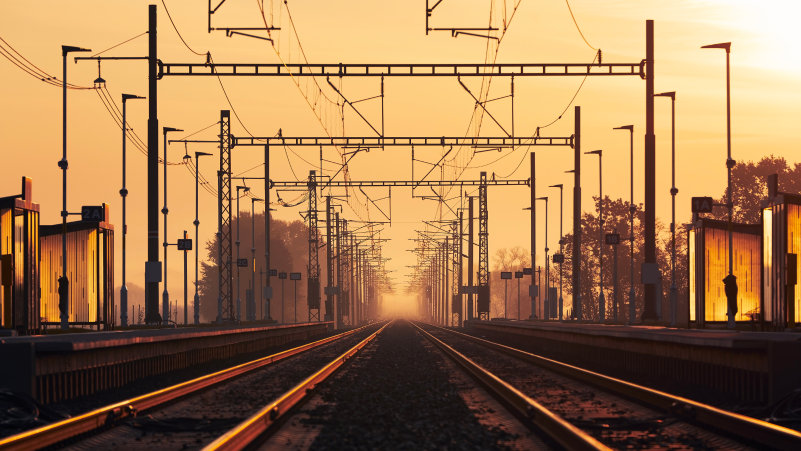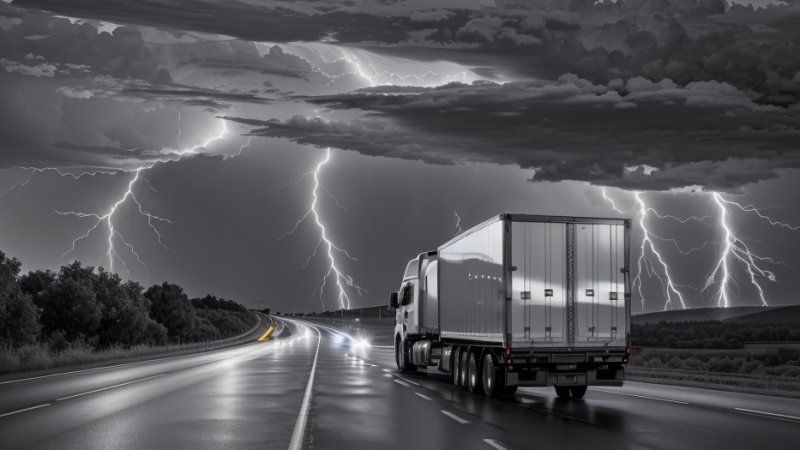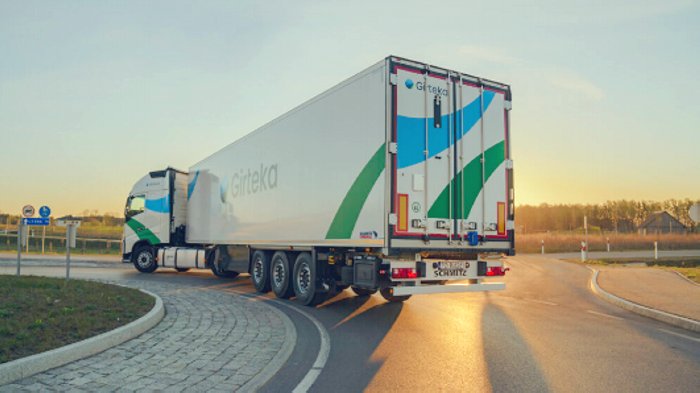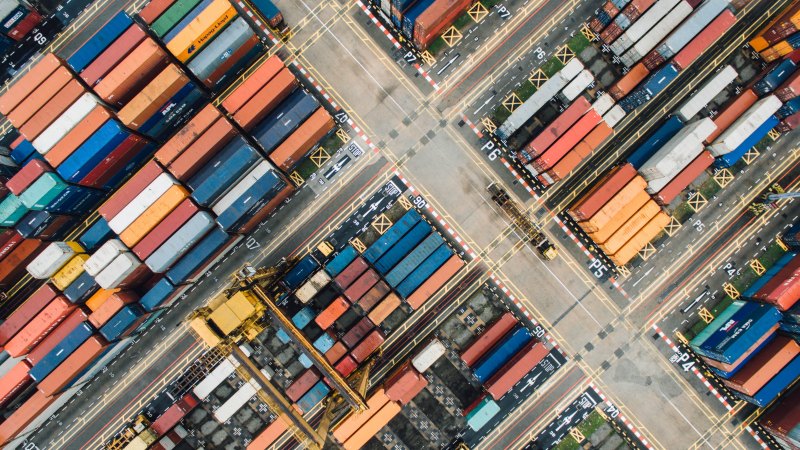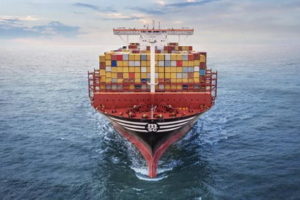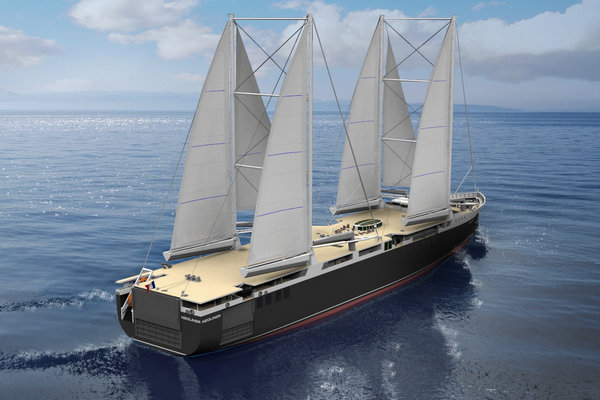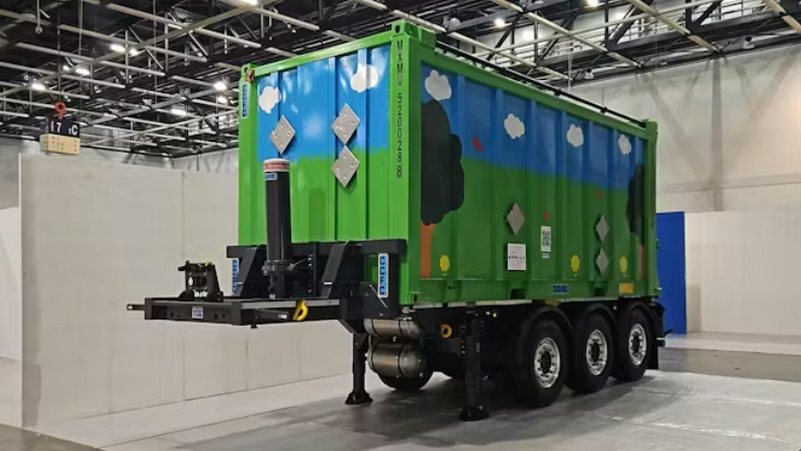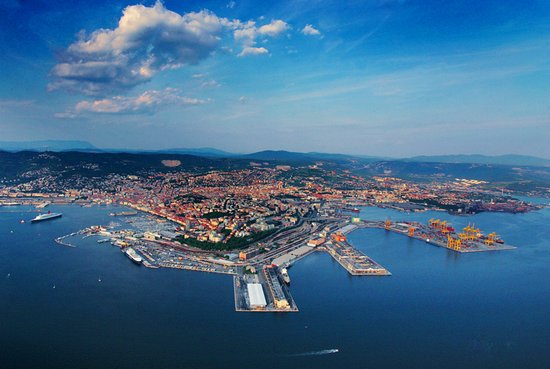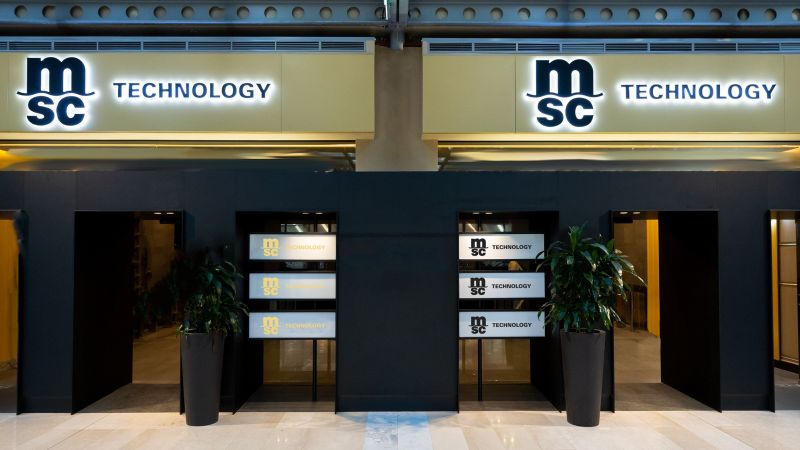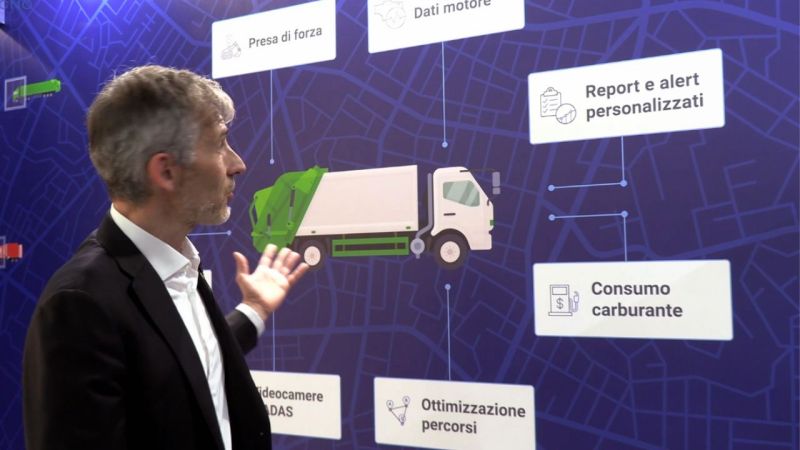Requests to eliminate or at least reduce the restrictions and limits on the movement of industrial vehicles imposed by Austria along the Brenner corridor are not only coming from Italy but also from the neighboring German state of Bavaria. In July 2024, these requests were reiterated by the Bavarian Transport Minister, Christian Bernreiter, who accused Austria's Tyrol of poor cooperation and urged it to reduce the nighttime bans for trucks and return to the negotiating table.
The opportunity to reiterate this invitation came with the announcement that on January 1, 2025, single-lane traffic will be instituted on the Lueg Bridge of the Austrian A13 motorway, a crucial artery for connections between Italy and Germany. This restriction could last several years (possibly until 2030) to allow for the construction of new infrastructure, causing traffic jams and imposing limits on industrial vehicles. For this reason, Italy and Bavaria are calling for the reduction or elimination of the nighttime transit bans.
The Brenner issue has been evaluated by the European Commission, which, through a reasoned opinion, has criticized three Austrian measures: the nighttime and sectoral driving bans for certain categories of goods, the winter Saturday driving ban, and the "metering" system that limits the number of trucks entering the A12 motorway to three hundred per hour on certain days.
This stance has been positively received by Bavaria, asserting that Tyrol's restrictions are harming the economy and blocking one of Europe's main arteries. The Commission's opinion has paved the way for Italy to file a complaint against Austria before the European Court of Justice.
In July, the statements of the South Tyrol Regional Mobility Councillor, Daniel Alfreider, also appeared on the Austrian restrictions. He reiterated the region's intention to implement digital traffic management, which involves the reservation of transits by industrial vehicles, provided it is done within a framework shared by Italy, Austria, and Germany.


